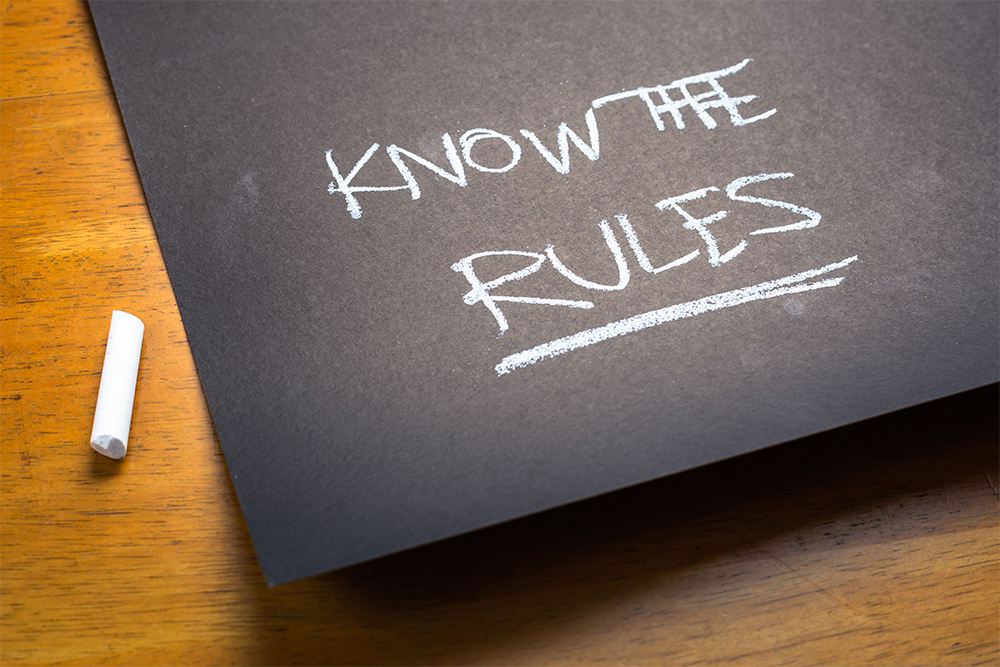“COVID-19 Presents Unique Questions for Associations – Part V” – News-Press
 Q: What are an association’s options if someone refuses to comply with our rules and protocols regarding COVID-19?
Q: What are an association’s options if someone refuses to comply with our rules and protocols regarding COVID-19?
A: Based on my experience, neither law enforcement nor other governmental agencies are going to get involved with rules of an association which are beyond the bare minimum requirements of law. At the risk of stating the obvious, the first thing you should do is contact the association’s attorney. Depending on the facts of the case, different measures may be available. In most cases, a “cease and desist” letter is the first step.
The levy of fines, while perhaps serving some punitive purpose later, is not an effective tool in dealing with emergency situations that pose health threats to the community. For one thing, you must give 14 days’ notice for the required committee hearing, and most committees have shut down. More importantly, the payment of the fine does not stop the complained-of conduct.
In condominiums, there is a mandatory and somewhat bureaucratic arbitration process that must be followed before you can go to court. However, there are procedures in the law to seek bypass of that procedure. In court, you will seek an injunction, asking the court to order that the violator either take certain action, or refrain from taking certain action. You would also seek to be reimbursed for the attorney’s fees necessary to bring the action.
While the courts are “open,” they likewise are operating in an alternate reality, largely remotely, and limiting activities that are not essential to a case. Most local courts have identified pandemic related emergency cases as those that can be promptly heard.
If the board takes reasonable action to enforce legally valid and properly enacted protocols, it will have fulfilled its fiduciary duty. Further, acting can help shift a liability claim away from the association and to the proper party, the violating owner, if his or her conduct can be traced to an introduction or spread of infection in the community.
Q: If an owner was approved for an emotional support dog and is now unable to care for the dog because of COVID-19, is our association required to care for the dog?
A: No. Housing providers, like community associations, are not required to care for or take custody of a service or assistance animal if an owner or tenant is not able to care for the animal due to COVID-19 or any other reason.
It should be noted that pet care is considered an essential activity under Florida’s Stay at Home Order in effect as of the date of submission of this column. Accordingly, the association may be required to make accommodations in such situations.
Q: Can our condominium require the use of masks in the common elements such as the corridors and elevators?
A: At the time of the submission of this column, neither the counties in Southwest Florida, nor the State of Florida, have a legal mandate to wear protective masks.
However, people with coronavirus infection can lack symptoms (be “asymptomatic”) and or may eventually develop symptoms later (be “pre-symptomatic”) but still transmit the virus before showing symptoms. For this reason, the CDC has recommended face coverings in addition to social distancing in public settings, especially in areas of significant community-based transmission.
Under the circumstances, I believe this would be a reasonable protocol for an association to consider implementing through a properly enacted rule. One issue that may go to the reasonableness of the rule is whether masks are readily available.
People are still being urged not to stockpile commercially manufactured masks, which are still in short supply and needed most by medical and emergency personnel. The CDC advises that effective masks can be homemade, or other face coverings can be used, such as a scarf, bandana, or cloth covering that goes over the nose and mouth.





